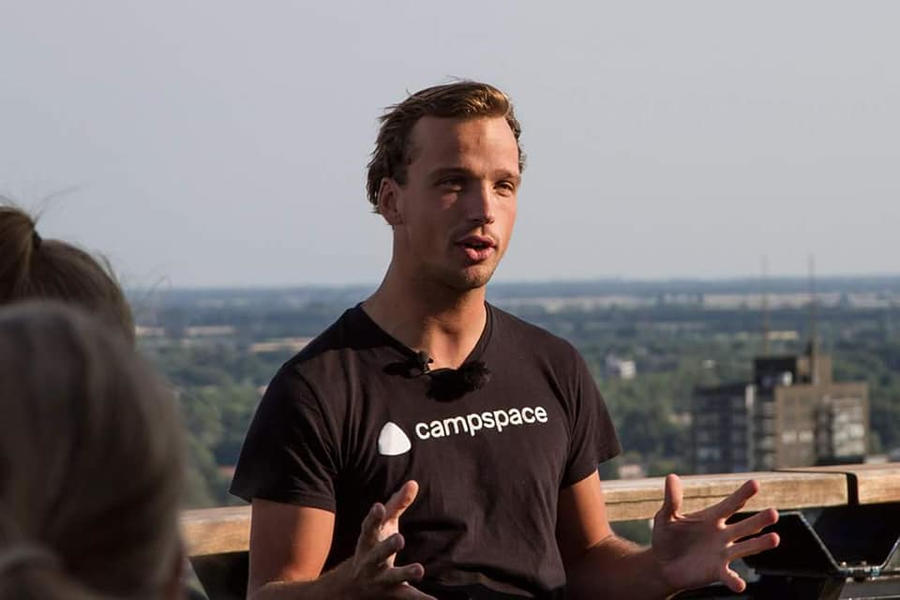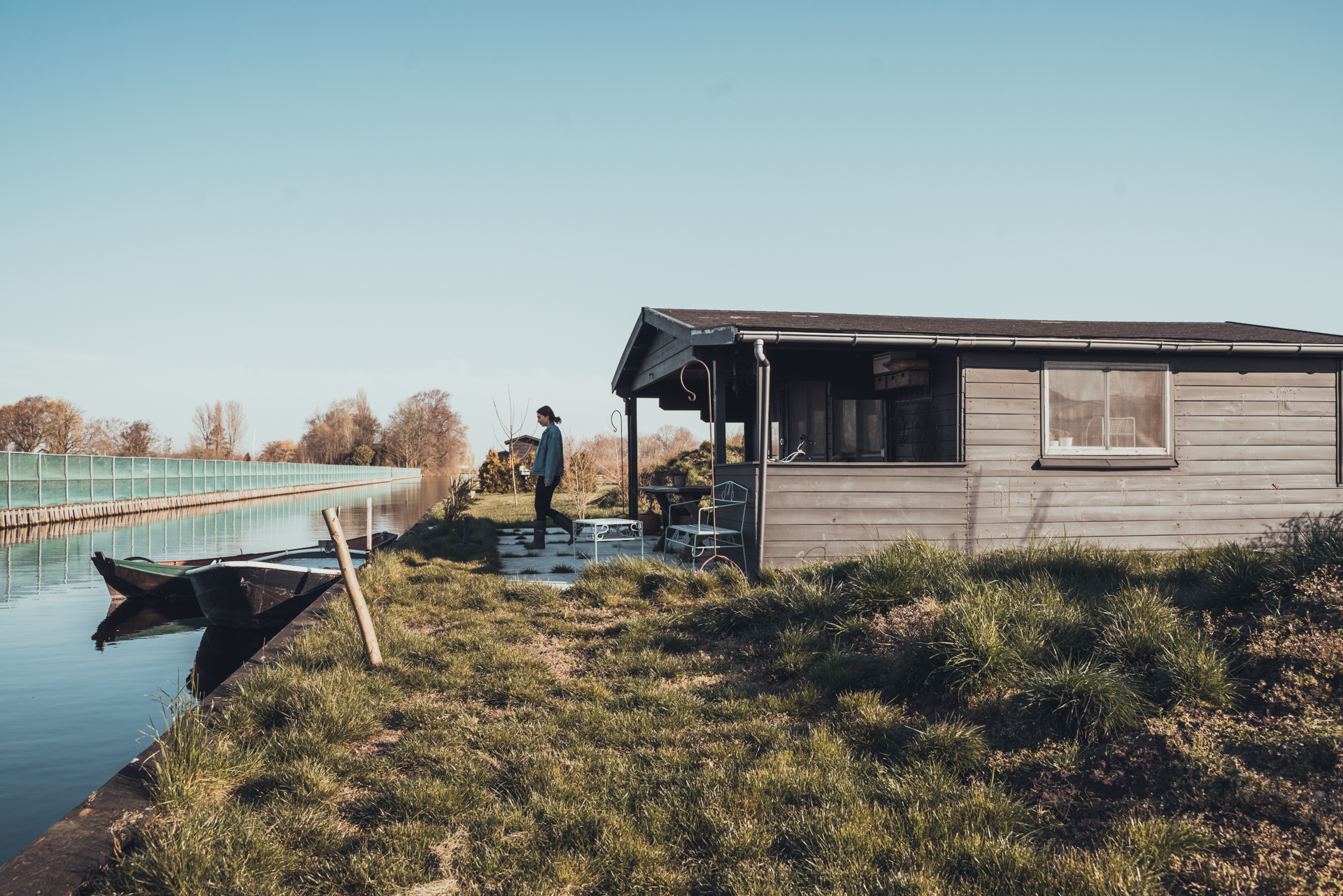
Freedom of nature
Sustainable getaways
Real human connections
Together we can create a sustainable successor to Airbnb
When the restrictions of the coronavirus become more relaxed, national tourism outside the urban areas will be the first to recover. Our hosts would love to offer the solution for city-escapers to go on vacation in a unique and safe fashion.
Airbnb IPO under threat as bookings plunge was the headline for the Financial Times. It should have been the year where Airbnb could go public, however, Corona put an end to the company's plans.
During the last economic crisis, Airbnb actually was able to benefit and grow exponentially. Bankers who had lost their job were able to continue to live in their homes because Airbnb offered a new source of income: the short-stay rental of their residence. Now the existence of the company is being threatened by several open questions: What will travel look like in the near future? Can people still fly all around the world? Do people still want to reside in someone elses home? Are we still able to pay for our vacations? I cant help but wonder: is Campspace building a green successor for Airbnb?
Shared economy platforms as a primary source of income
Airbnb has taken several measures after the coronavirus outbreak. They focused mainly on their travelers who could count on 100% refund of their reservation costs. This led to some dismay among property owners, who saw their income disappear.We thought you cared until you stabbed us in the back and left us to die, ranted one furious Airbnb-host in a video message to Brian Chesky, founder of Airbnb.
The financial dependency of a shared economy platform can also be seen through Uber-drivers. Who is protecting these people? Or do we have to ask ourselves if it's desirable when people primarily depend so much of their income on parts of their home, car or other material possessions?
Where Airbnb grew so quickly due to people seeing their home as an extra source of income, Campspace-hosts can share their garden or strip of land. I am not jealous of people in the city who have been in quarantine in their own home. I am sitting in a privileged position with my own lush plot of land and would love to share it with some city-escapers, reported a host in Zeeland, the Netherlands. Shared platforms and their providers fail to succeed in a sustainable right to exist if their principal aim is to make money.
Airbnb as the drive for mass tourism in cities
The local inhabitants of cities as Venice, Barcelona and our own (?) Amsterdam are in need of new forms of tourism. In the past ten years, 17,000 citizens have left the city centre of Barcelona. Venice's population in the 50's was 175,000 and has now dropped to 53,000, even though they daily receive 82,000 tourists. It seems pretty clear to me: Airbnb has dramatically increased the receiving capacity of these cities and therefore contributed to mass tourism. Governments of all levels in society have had trouble with the dispersion of tourism, and the fair distribution of the pros and cons, against the interests of entrepreneurs who do profit from the immense large flow of tourists into these cities. It seems like a maze of desires with moderate concessions as interim solutions. Therefore we should all radically change the way we view tourism. Closer to home, away from the big cities, reduce air-travel and no rush. Let's use the lockdown to travel in our own thoughts about how and why we actually go on holiday.
Is the Campspace community the start of a green successor to Airbnb?

It seems like all the necessities have already taken place. When the restrictions of the coronavirus become more relaxed, national tourism outside the urban areas will be the first to recover. Our hosts would love to offer the solution for city-escapers to go on vacation in a unique and safe fashion. Close to home, yet far away from the masses. As a temporary solution for our collective vacation problem of 2020 and as a sustainable movement to change the current view on so-called vacation behavior. A change for local tourism: #staylocal. A movement that spreads the benefits of tourism outside the cities, without taking a toll on nature. With Campspace we are a part of this #staylocal movement, together with Columbus Travel and Honeyguide. With this operation, we want to unite the people who want to be a part of this change. From travellers and hosts to entrepreneurs and travel organizations. Does this change start with you?
Hugo van Donselaar
Campspace CEO and co-initiator of #Staylocal (a Dutch movement for local tourism)
Find your sustainable getaway
Up to 95% CO2 reduction if you book a campspace adventure. Learn more